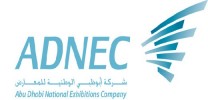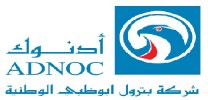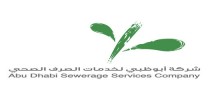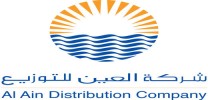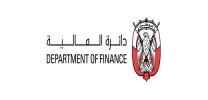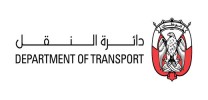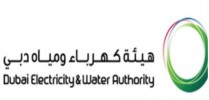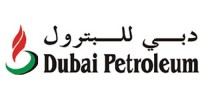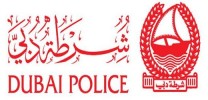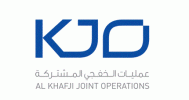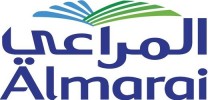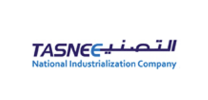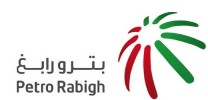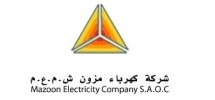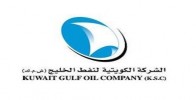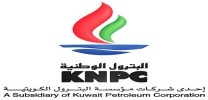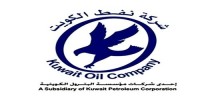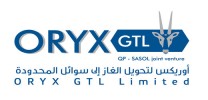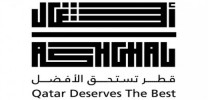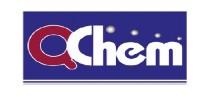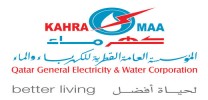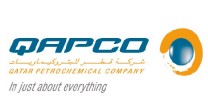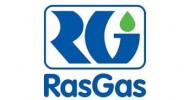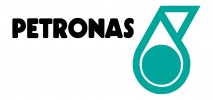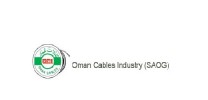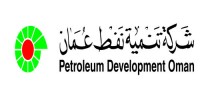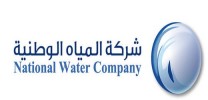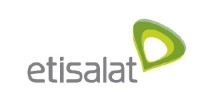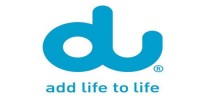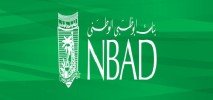
Review of Financial Accounting & Detecting Fraud
Course Introduction:
Fraud, including accounting fraud, accounts for significant activity by the criminal classes and these seminars sets out to explain what accounting fraud is, how it can be detected and therefore how it might be prevented.
A large emphasis of this seminar is quantitative since accounting is a quantitative subject and auditors and others need a quantitative perspective on their work.
The cases and data coming from the Oil and Gas Industry will be used at relevant places in the seminar. Delegates are highly encouraged to be ready to discuss their own concerns although it is appreciated that confidentially is a supreme concern in a seminar such as this.
Course Objectives:
· Discuss the structure and foundations of financial reporting
· Undertake an initial analytical and critical review of financial reports
· Be aware of creative accounting and how it can be determined
· Determine the need for forensic accounting by means of case study and other analysis
· Appreciate the nature or Benford’s Law and its increasingly important role in the prevention and detection of fraud
· Discuss the role of the auditor in detecting fraud
· Applying predictive modeling to the fraud problem
· Carrying out a variety of statistical tests on financial reports and accounting data
Who Should Attend?
This seminar is aimed at finance and accounting professionals and those whom the prevention and detection of frauds is major issue.
Course Outline:
In summary, this seminar begins by discussing the source of financial reporting information and how it can be used as the source of information for the detection of fraud. The seminar then goes on to explore fraud under three major headings:
· Creative accounting
· Forensic accounting
· Detecting fraud
Along the way the seminar introduces and develops cutting edge methods that are used to minimize and eliminate the risks and losses being suffered by modern industry and commerce.
Financial Accounting Review
The Background to Financial Reporting
· Structure of financial reports
· Regulation of financial reporting
· Legislation
· Financial reporting standards
· Concepts and conventions
· The framework
The Analysis of Financial Reports
· Ratio analysis
Statistical and graphical analysis of financial reports: how can fixed costs be less than zero?
· Detecting bias in accounting numbers
· Qualitative analysis: what people say and what they might mean
· Oil and Gas Company Reporting Standards and data will feature significantly in this section
Creative Accounting
What is creative accounting and why is it a bad thing?
· Earnings management
· Inappropriate accruals and estimates
· Excessive provisions
· Recognizing premature revenue recognition
· Fictitious revenue
· Aggressive capitalization
· Creative income statements: classification and disclosure
· Problems with cash flow reporting
· Cases from the energy sector will be used here
Forensic Accounting
· The basics of forensic accounting
· The going concern concept in greater detail
· Cases in which forensic accounting was used
· Off balance sheet finance
· Introduction to Benford’s Law
· Cases from the energy sector will be used here
The Role of the Auditor and Detecting Fraud
The Role of the Auditor in the Prevention and Detection of Fraud Deterring Fraud
· The fraud triangle
Why? Who? How? The COSO “Internal Control – Integrated Framework,” (COSO Model) 20 ways to detect fraud Fraud v Erroneous Claims Fraud Detection as a Predictive Modeling Problem Predicting rare events
· Predictors
· Stratified sampling
· Stratified random sampling
· Outliers
Detecting Fraud
Further Statistical Analysis of accounting and other data
· Grouping
· Ordering Correlation and regression analysis
· Hypothesis testing
· Further application of Benford’s Law
Chi Square and Kolmogorov Smirnoff Tests
Mean Absolute Deviation (MAD) test
Mantissa Arc Test
Second Order and Summation Tests
Summary case study of the main learning points of the seminar: delegates will be expected to bring their own experiences and learning highlights to this final discussion.
Course Methodology:
A variety of methodologies will be used during the course that includes:
· (30%) Based on Case Studies
· (30%) Techniques
· (30%) Role Play
· (10%) Concepts
· Pre-test and Post-test
· Variety of Learning Methods
· Lectures
· Case Studies and Self Questionaires
· Group Work
· Discussion
· Presentation
Course Fees:
This rate includes participant’s manual, Hand-Outs, buffet lunch, coffee/tea on arrival, morning & afternoon of each day.
Course Timings:
Daily Course Timings:
08:00 - 08:20 Morning Coffee / Tea
08:20 - 10:00 First Session
10:00 - 10:20 Coffee / Tea / Snacks
10:20 - 12:20 Second Session
12:20 - 13:30 Lunch Break & Prayer Break
13:30 - 15:00 Last Session





.jpg)

















